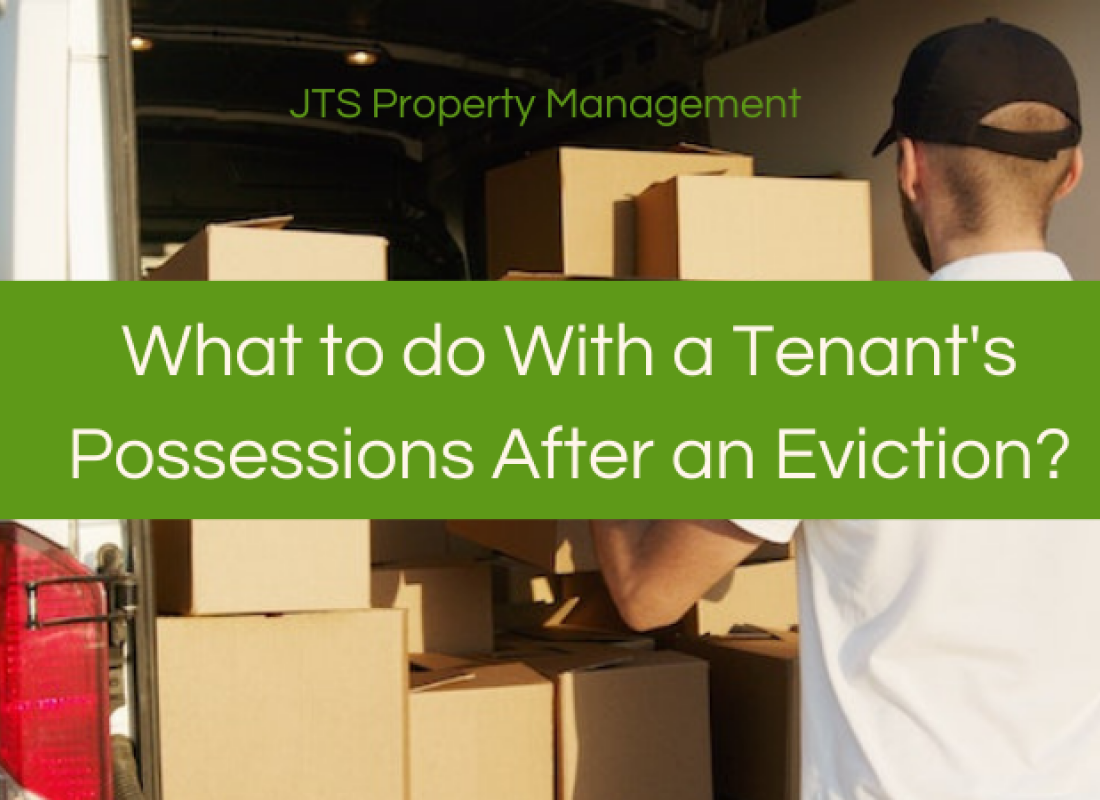Even after removing a tenant from your property, you might still be confronted with the issue of their possessions left on your property. Initially, you might think throwing away these items can be easily done. However, this is not the case.
Landlords have a duty to return the tenant’s possessions and must provide a reasonable period for the renters to pick up their belongings. Doing so, protects the landlord and ensures that all parties remain respectful during these circumstances.
This article will offer tips on how to handle a tenant’s possessions after leaving your property.
Reasoning Behind Eviction
It’s important to know the reason behind the tenant’s leaving. What was the situation? Learning why the eviction occurred helps you know what action to take. States have varied laws on handling a tenant’s belongings and assigning a landlord’s duty.
Law officers should also guide the landlords in removing possessions and evaluating what to sell or not to sell so the unpaid rent is properly dealt with. Court orders will differ per eviction case.
Opportunity to Retrieve
It is a good idea for landlords to take a holding period on any abandoned possessions, even though it is not something that every state demands. You will give tenants a chance to get these items back by keeping them for a short while, reducing the possibility that they may sue you for lost property.
Giving evicted tenants a chance to retrieve their belongings is a pretty straightforward process, and in most situations, the evicted tenant will be responsible for paying any associated charges.
You will usually discover that keeping abandoned belongings for seven to ten days is enough time, unless the state in which your rental property is located has a statute that specifies otherwise.
During this holding period, a tenant who you have evicted is welcome to come pick up the belongings. To be sure, please verify your local legislation before making any final decisions because in certain states this holding time is longer.
Notifying a Tenant on Property Disposal
When a tenant is given notice to collect their possessions following an eviction, the landlord should include details like:
The notice must contain the following:
- A specific date for tenants to collect their belongings
- Contact information for the landlord
- Detailed list of items left
- Storage place of the items
- Conditions for the claiming of the items
- Costs the renter must pay for storage of the items
- Treatment of the items if they’re not retrieved by the renter
This process protects landlords legally since it provides full details to the renters.
Storing Tenant Possessions
You might need to temporarily store the evicted tenants' possessions if they are unable to get them right away. The possessions can either be kept on the premises or rented a storage space.
However, keep in mind that you'll be liable for any fees related to storing the renter's possessions, and you might need to show that you made a reasonable effort to get in touch with the tenant and set up a time for them to pick up their things.
Tips to Prevent an Abandoned Property
Landlords must be prepared to handle a tenant’s possessions when they’ve left them behind.
Here are the steps you can take:
Properly document all items
As a landlord, you should always have evidence to support your claims, so it’s advisable to prioritize documentation. Take pictures and videos of the belongings when and where you found them, how they’re stored, and treated.
Copies of the notice you sent to the renter must be kept so you can prove that you’ve followed the right process of handling possessions left behind by the tenant. In case, a renter sues, you can present proof.
Confirm if the belonging is abandoned
Landlords must determine if a property is abandoned by the renter. Tenants may come back from a long vacation and may still be labeled as a renter, so you cannot touch their personal belongings.
Conduct proper screening
Evictions can be stressful for landlords and dealing with abandoned property can also be tedious since you have to make an inventory, decide how to store them, and send a notice to the renter. You can prevent this by ensuring you have a detailed proper screening process.
Having high-quality tenants minimizes the chances of dealing with these additional tasks. Make sure to evaluate the tenant’s rental background and verify their employment. You should also check their credit score to ensure healthy finances and contact previous landlords to help you make an informed decision.
Bottom line
It is crucial to understand your legal obligations regarding the storage and disposal of an evicted tenant's possessions. While it can be tempting to just throw the things away, any landlord should resist the urge to do so because doing so can have very real consequences.
Of course, evictions are a challenging procedure for all parties concerned. Working with a reputable property manager can make it much simpler to navigate the complex legal requirements. The best tool a landlord may have in their arsenal is a property manager. They will guide you through all of the duties that come with being a landlord, not just the legal procedures.
At JTS Property Management we are experts in handling evictions and would be happy to guide you through the process while ensuring compliance with all relevant laws and regulations.
Please note that the information provided in this blog is intended for general guidance and should not be considered as a replacement for professional legal advice. It is important to be aware that laws pertaining to property management may change, rendering this information outdated by the time you read it.


